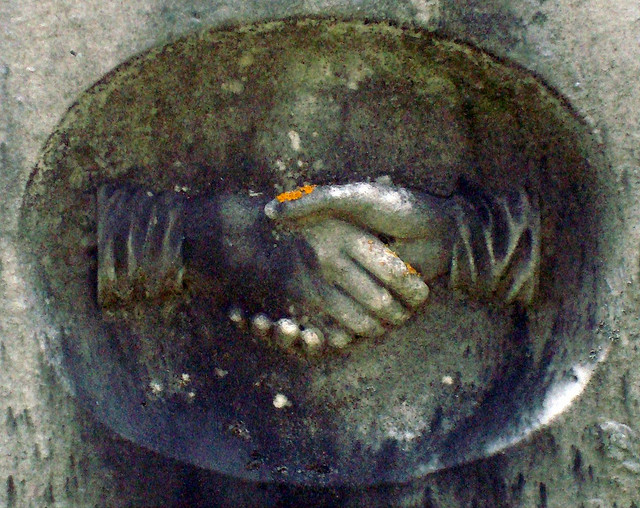Tag: Agreements
-

We Don’t Have Faith: We Make Agreements.
A couple weeks ago I wrote about creating the Solitary Druid Fellowship, an extension of ADF designed to serve the broader community of solitary Pagans and Druids by providing them with a shared liturgical practice. I’m currently in discussion with the Clergy Council of ADF to work out the final details of the site launch […]
